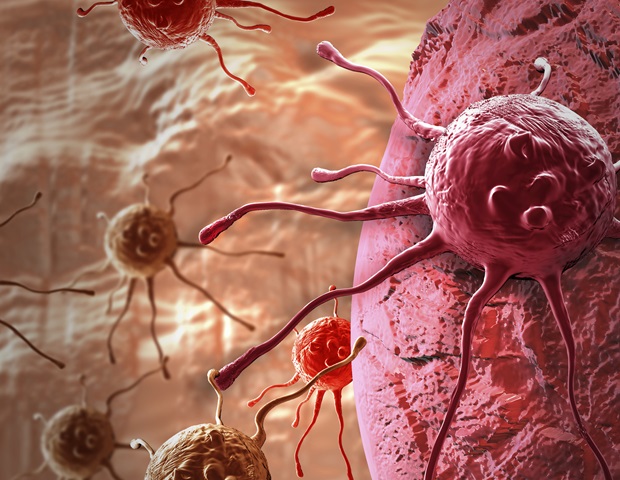
Young cancer survivors face unique medical and psychosocial challenges that can hinder their ability to move on mentally and socially, even years after their final treatment.
Lingering feelings of isolation and loss can contribute to a lack of confidence and self-efficacy or the sense that they will be able to handle whatever arises in the future.
But new research suggests survivors who retell their story through photography can significantly increase their self-esteem and self-efficacy.
Two years after receiving their final treatments, 18 leukemia survivors - diagnosed as teenagers - participated in the Framed Portrait Experience, an intervention that integrates therapeutic photography and re-enactment therapy.
In the study by researchers at the University of Houston and the Catholic University of the Sacred Heart in Milan, Italy, where the intervention was developed, participants were empowered to express emotions connected to their illness in order to make meaning of their experience.
Working with a portrait photographer who was also a licensed social worker, the survivors chose three settings to take portraits that integrated meaningful objects and memories to represent their past, present and future.
Study co-author Chiara Acquati, assistant professor at the UH Graduate College of Social Work, recalled a young survivor who took her "past" portrait alongside her father fixing cars. "Her father was the one who stood by her side during her cancer treatment, so he was an important part of her cancer journey," said Acquati.
That survivor's "present" portrait was one of reflection -- taken deep in thought along a serene riverbank. She dressed as a street performer who makes people laugh for her "future" photo.
The goal is to retell their stories in contexts meaningful to them. It can be very emotional and challenging, but we hope that by looking back from a distance now that their cancer treatments are over, they can move forward with their lives."Following the photoshoot, the pictures are printed and used during a clinical interview to guide the survivors' reflection about the changes they experienced as a result of cancer, and how those changes relate and integrate into their narrative of past, present, and future.
Chiara Acquati
Young cancer survivors often feel isolated and distant from the experience of their healthy peers, according to the researchers.
This easy-to-implement and low-cost intervention allows them a safe space to retell their story and promote self-efficacy. "The objective is to reorganize their cancer narrative or the story they tell themselves about their experience and better accept cancer as part of their life story," said study co-author Emanuela Saita, associate professor of psychology at the Catholic University of the Sacred Heart.
While the researchers acknowledge the small sample size, they said they are encouraged that participants now perceive themselves as better able to manage problems and more equipped to face obstacles.
University of Houston






No comments
Post a Comment